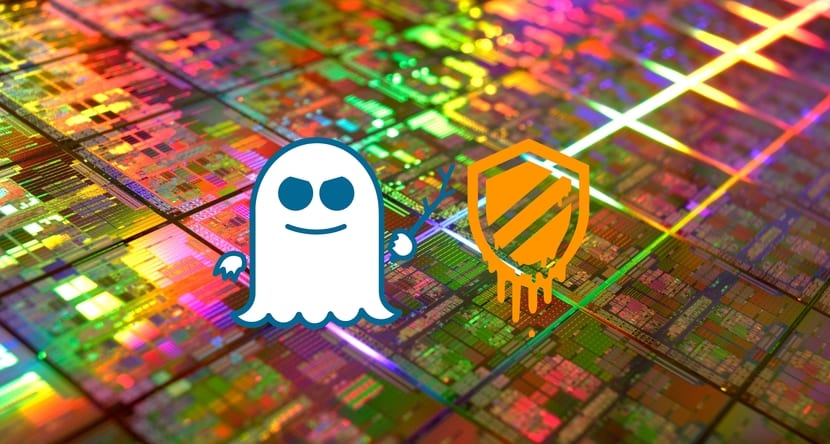
The already called Intelagate is still present in many computers and computers, with Ubuntu or without Ubuntu. A vulnerability that not only affects computers with Intel processors but also computers with AMD and ARM processors. And interestingly, Ubuntu users not only have this problem but also the Ubuntu 17.10 kernel problem, so compiling the kernel for Ubuntu becomes a somewhat tedious task.
Therefore we are going to tell how to know if our Ubuntu computer is vulnerable or not to Meltdown and Specter, names of Intel vulnerabilities. Once we apply this method we will know if we have to use the proposed solution or we can continue as we were without having to slow down our equipment.
Thanks to developer Stéphane Lesimple we can find out if we are vulnerable to Specter or not just by running a script. We can get this script through the Lesimple Official Github and once we download the file, we execute it as root as follows:
sudo su sh ./spectre-meltdown-checker.sh
The script will check if we are vulnerable or not and if so, it will tell us through the terminal. If unfortunately we are vulnerable, we must update all CPU related drivers as well as update Ubuntu 17.10 kernel or compile your own where retpoline is not compiled.
As Meltdown and Specter are two bugs that affect hardware, the latter will not be enough and we will have to update the system from time to time to have the latest modifications in this regard. A task that will make our Ubuntu more secure but also slower, something annoying for teams with limited resources. In any case, it seems like the Ubuntu 17.10 kernel is meant to be constantly changed Do not you think?
And how can I find out in Ubuntu 16.04? Does the same formula work?